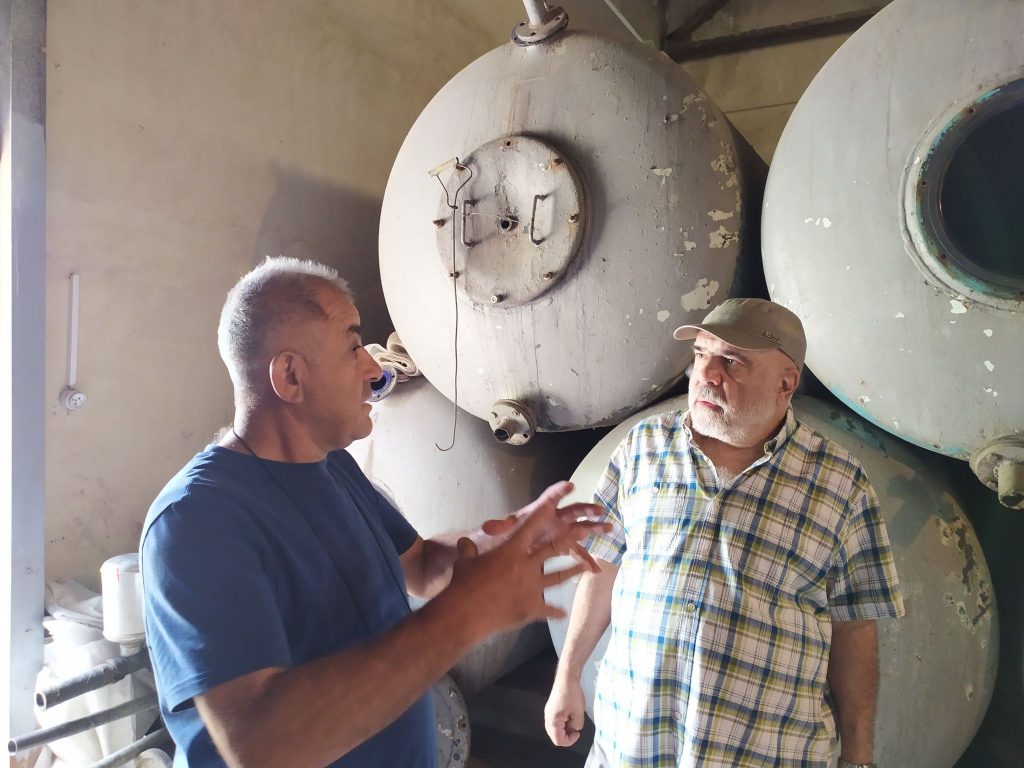COVID-19 Response
Strengthening Security, Stability and Resilience of the Bordering Communities in Vayots Dzor, Gegharkunik and Syunik Regions
The project represents a joint UNDP-UNICEF effort to advance stability and safety in the bordering communities of Gegharkunik, Vayots Dzor and Syunik regions, directly affected by Nagorno Karabakh conflict. The project will implement activities to deliver transformation at institutional (local governments, CSOs, businesses) and human development levels (skills, services, behavior, perceptions).
In 2020, COVID-19 has created new vulnerabilities for the border and conflict-affected regions and amplified existing ones.
Through this project, a multiparty action will be used to make people feel safer and more engaged in community life to enhance access to inclusive public services, to give people a credible economic stake in a future without violence, and to strengthen the bonds between communities, their governments, and their businesses, thus contributing to long-lasting stability at the borderline.
UNDP/Kolba Lab Component of the project
As part of the overall project, UNDP’s Kolba Lab has envisaged a scenario planning exercise that will outline multiple development scenarios for two pre-identified consolidated communities – Sisian and Areni. The scenarios will include the identification of major growing and declining trends in security, socio-economic, cultural, and demographic dimensions of the communities. Each scenario will be validated through a participatory town-hall and will generate a set of practical strategies that can fast-start with a panic button when needed.
Once the pilot stage is over (July-October, 2020), UNDP will rollout its future-oriented scenario development approach in 7 more consolidated borderline communities to supply the communities with evidence-driven development roadmaps for the post-COVID-19 reality. Taken limitations of the COVID context, the project will apply a blended approach of offline and online consultations with the expert groups and communities themselves with wide engagement and through institutional contracting of local CSOs.
The “Scenario building” approach is a prospective analysis/assessment which:
a) identifies plausible sustainable development directions for each community
b) helps to design response strategies (including to COVID-like events) to prepare communities for the desired scenarios;
c) identifies jobs and skills necessary for accelerating desired community scenario;
d) identifies vulnerabilities and gaps to achieve desired scenarios in a reasonable timeframe.
The main findings will be concluded in a white paper and will help to design policy recommendations at the local and national level.
In order to sustain the impact of the activity, UNDP will also design a Community Risk Barometer, a living pulse check to monitor existing and emerging risks that may impact the safety, resilience, and stability of each community. The Barometer will include a core algorithm with customized indicators tailored to each target community, including community-specific risks and trends. UNDP will make sure that key indicators can be generated through automatic data scraping and web-available information to make the follow-up actions less costly or free for the community once the project withdraws. As a result, the communities will have a smart alert system, which can inform them of emerging threats and vulnerabilities.


